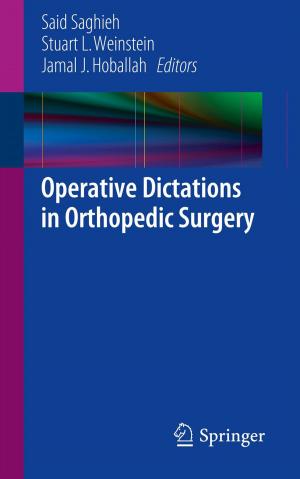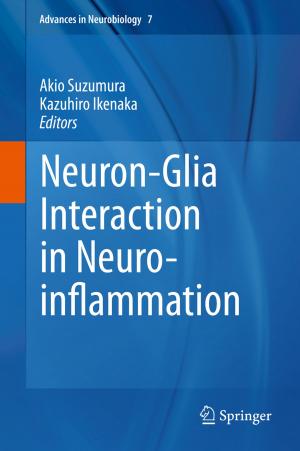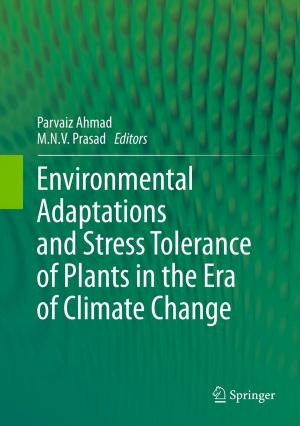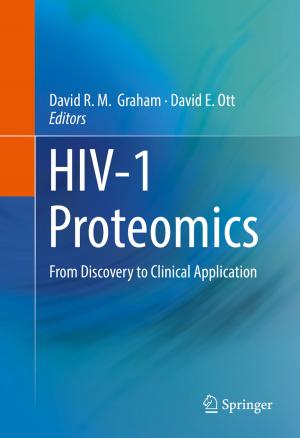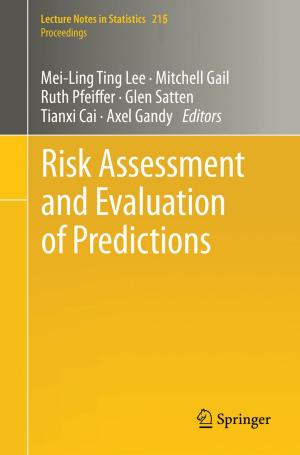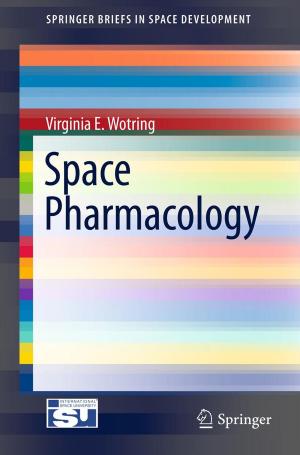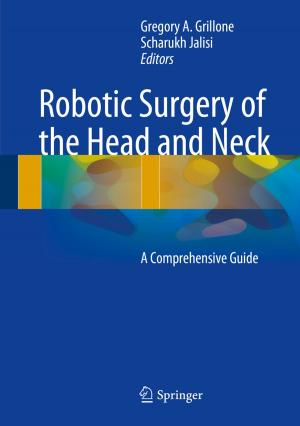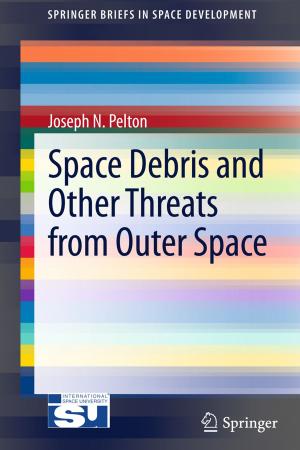Hyperspectral Imaging Technology in Food and Agriculture
Nonfiction, Science & Nature, Technology, Food Industry & Science| Author: | ISBN: | 9781493928361 | |
| Publisher: | Springer New York | Publication: | September 29, 2015 |
| Imprint: | Springer | Language: | English |
| Author: | |
| ISBN: | 9781493928361 |
| Publisher: | Springer New York |
| Publication: | September 29, 2015 |
| Imprint: | Springer |
| Language: | English |
Hyperspectral imaging or imaging spectroscopy is a novel technology for acquiring and analysing an image of a real scene by computers and other devices in order to obtain quantitative information for quality evaluation and process control. Image processing and analysis is the core technique in computer vision. With the continuous development in hardware and software for image processing and analysis, the application of hyperspectral imaging has been extended to the safety and quality evaluation of meat and produce. Especially in recent years, hyperspectral imaging has attracted much research and development attention, as a result rapid scientific and technological advances have increasingly taken place in food and agriculture, especially on safety and quality inspection, classification and evaluation of a wide range of food products, illustrating the great advantages of using the technology for objective, rapid, non-destructive and automated safety inspection as well as quality control. Therefore, as the first reference book in the area, Hyperspectral Imaging Technology in Food and Agriculture focuses on these recent advances. The book is divided into three parts, which begins with an outline of the fundamentals of the technology, followed by full covering of the application in the most researched areas of meats, fruits, vegetables, grains and other foods, which mostly covers food safety and quality as well as remote sensing applicable for crop production. Hyperspectral Imaging Technology in Food and Agriculture is written by international peers who have both academic and professional credentials, with each chapter addressing in detail one aspect of the relevant technology, thus highlighting the truly international nature of the work. Therefore the book should provide the engineer and technologist working in research, development, and operations in the food and agricultural industry with critical, comprehensive and readily accessible information on the art and science of hyperspectral imaging technology. It should also serve as an essential reference source to undergraduate and postgraduate students and researchers in universities and research institutions.
Hyperspectral imaging or imaging spectroscopy is a novel technology for acquiring and analysing an image of a real scene by computers and other devices in order to obtain quantitative information for quality evaluation and process control. Image processing and analysis is the core technique in computer vision. With the continuous development in hardware and software for image processing and analysis, the application of hyperspectral imaging has been extended to the safety and quality evaluation of meat and produce. Especially in recent years, hyperspectral imaging has attracted much research and development attention, as a result rapid scientific and technological advances have increasingly taken place in food and agriculture, especially on safety and quality inspection, classification and evaluation of a wide range of food products, illustrating the great advantages of using the technology for objective, rapid, non-destructive and automated safety inspection as well as quality control. Therefore, as the first reference book in the area, Hyperspectral Imaging Technology in Food and Agriculture focuses on these recent advances. The book is divided into three parts, which begins with an outline of the fundamentals of the technology, followed by full covering of the application in the most researched areas of meats, fruits, vegetables, grains and other foods, which mostly covers food safety and quality as well as remote sensing applicable for crop production. Hyperspectral Imaging Technology in Food and Agriculture is written by international peers who have both academic and professional credentials, with each chapter addressing in detail one aspect of the relevant technology, thus highlighting the truly international nature of the work. Therefore the book should provide the engineer and technologist working in research, development, and operations in the food and agricultural industry with critical, comprehensive and readily accessible information on the art and science of hyperspectral imaging technology. It should also serve as an essential reference source to undergraduate and postgraduate students and researchers in universities and research institutions.

